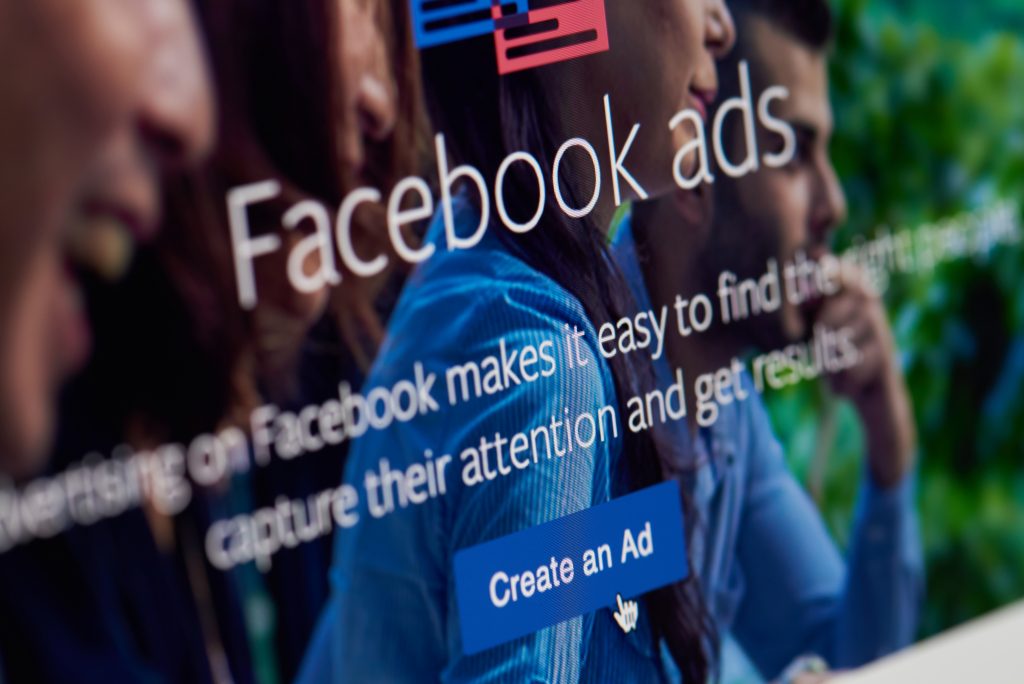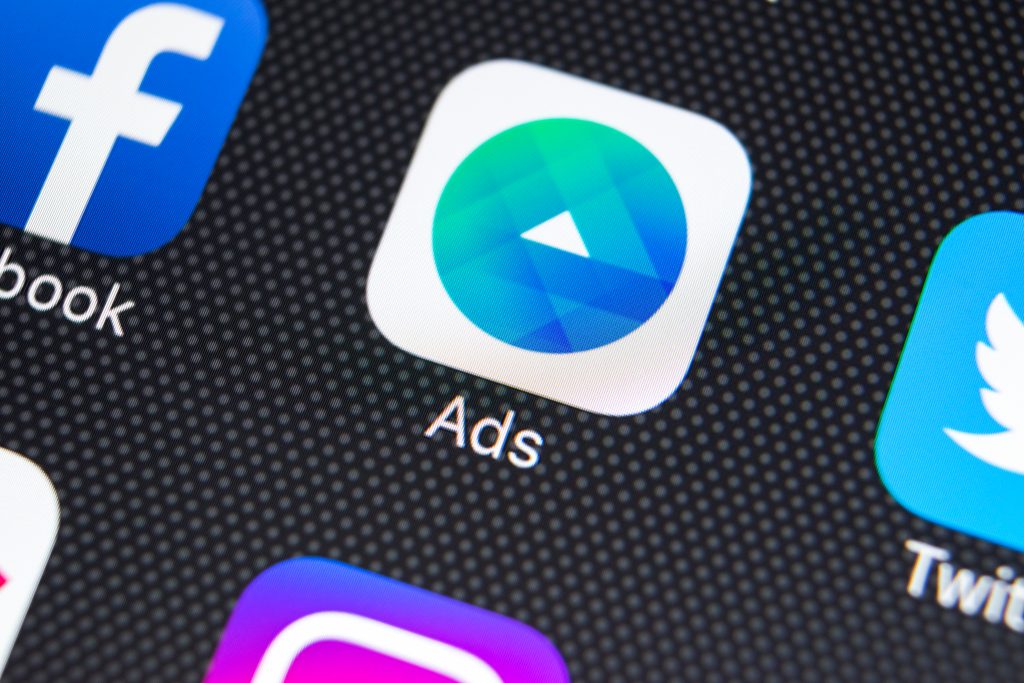If Facebook ads are a part of your marketing campaign, you may already be preparing for how Apple’s iOS 14 is going to impact them. If you haven’t yet, it’s important to be in the loop about how they may affect them because it could put a wrench in your strategy. Being aware can help you prepare so you don’t get blindsided and so that you have time to make appropriate, strategic changes.
What Are Some Features of the Apple iOS 14 Release?
The iOS 14 release makes users aware of what an app will track before they decide to install it. It makes it very clear about what data can be used to track you, as well as what data may be linked to your accounts, devices, or identity.
If you agree that you want the app to be able to do all of those things once you download it, you then have to grant the app permission to track your activity. It’s called “Apple’s App Tracking Transparency” prompt because it is just that: a very transparent explanation of what information is being tracked. As long as the user reads and understands what can happen, there should be no surprises.
Why Could Apple’s iOS 14 Could be a Problem for Facebook Ads?
Facebook is not in love with this tracking option because Facebook relies on getting its users’ information to create remarketing campaigns, and to track actions or purchases from ads. Users have always had the option not to share this type of information, but it hasn’t always been that easy to find. The Apple iOS 14 release makes it very easy because it clearly lets users know what the app will track before it’s installed.
The move is worrisome because many users may not grant permission when the option is so clearly placed in front of them. If many users choose to opt-out, then your Facebook ads may not be seen by as many people as they would have before the release.
Facebook fought the app’s release back in August, so Apple delayed the launch. But, the computer giant didn’t agree to stop the release altogether. It’s set to come out around February 2021.
How Will Ads be Affected Specifically?
Some of the ad traffic measurement tools that companies are accustomed to having will be affected. These include Ads Manager, Ads Reporting, and the Ads Insights API.
Here’s a quick breakdown of the changes:
- 7-day view-through attribution will be gone.
- 28-day attribution of any kind won’t be supported.
- You will only be able to get historical data through the API.
- 7-day attribution will still exist.
As an advertiser, you will still be able to use geographic and demographic factors to target your audience, but you won’t be able to see a reporting breakdown using those factors. You also won’t be able to get delivery vs. action breakdowns. Any conversions that happen will be reported based on when they happened and not at the time of the ad impression.
Facebook will use statistical methods to try to make up for this lost information. It’s creating something called “Aggregated Event Measurement.” This will help you see how well your ad campaign is doing. In this new system, advertisers will be limited to track eight conversion events per domain. They will be ranked based on priority.
What Can or Should You Do to Prepare?
Since you can’t prevent the Apple iOS 14 release and how it may impact your Facebook ads, it’s important to take steps to minimize the effects. These include:
- Downloading your historic data for 7-day and 28-day windows. You can also compare click conversions between both. This will help you understand how your reported conversions could be impacted if you currently use the 28-day window.
- Verifying your domain with Facebook as soon as you can. This will ensure your pixel data is as seamless as possible. You’re going to want to make sure you do this especially if you have pixels on your domain that are owned by more than one entity.
While you want to be as prepared as you can for the iOS 14 rollout, it’s also important to remember that it only affects those device users. Time will tell about how it affects the way people use the app and whether they decide to opt-out of information tracking.









Leave A Comment